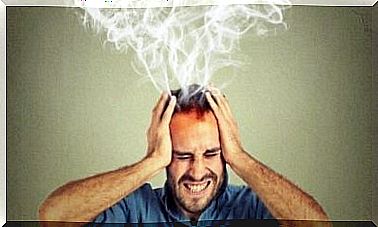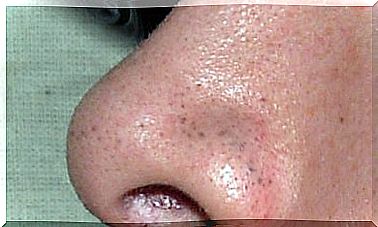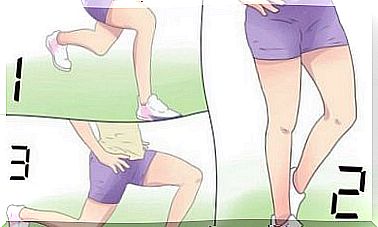The Effect Of Dyslexia On Children

We know that all children learn differently. Some children learn quickly, while others have more difficulty. However, in the case of dyslexia, your child will face many difficulties when trying to read and write. With some help from a child psychologist, the effect of dyslexia on children can be reduced somewhat.
Dyslexia is a learning disability that is more common than you might think. Dyslexic children are often unfairly called stupid or slow. Even if they try very hard to read, write and follow instructions. In this article, we’ll talk about this common learning disability.
The effect of dyslexia on children
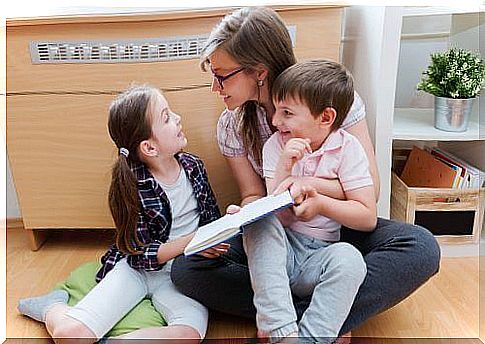
Reading may seem like a very simple activity for people who don’t have a problem with it. However, reading is a complicated task for the brain. Talking is very easy for children, but reading requires learning.
When you learn to read, you learn that words consist of certain sounds. You also learn that these sounds have to do with the letters in the alphabet. When you combine these sounds and letters, they become words. If you then learn to recognize these words, you will also learn how to read.
However, this process is not the same for every child. The brains of children with dyslexia work and develop differently.
There are a number of different forms of dyslexia, but in general, children with this learning disability have difficulty deciphering sounds that make up a word. Therefore, it is also difficult to understand which letters form these sounds.
Dyslexia, however, has nothing to do with intelligence or the will to learn. Dyslexic children can be successful and still learn excellently with the right learning methods. This is why it is so important to notice the first signs of dyslexia as soon as possible.
What are the symptoms?
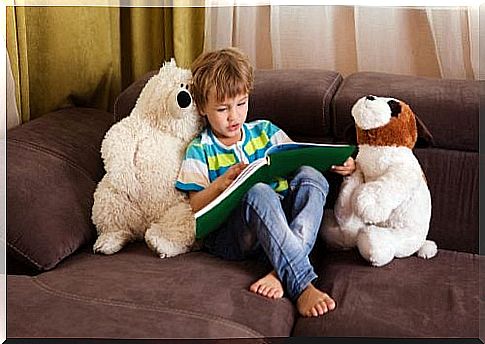
When children with dyslexia are in preschool, they may experience the following problems:
- Talk little and don’t know as many words as other kids their age.
- Difficulty learning numbers, colors and letters.
- Not being able to see that certain words rhyme.
- Finding it difficult to follow instructions. You often have to point them out to the rules and certain routines.
As they grow older and learn to read and write, dyslexic children often suffer from the following problems:
- Difficulty identifying syllables and sounds that make up words.
- Unable to pronounce isolated sounds that form syllables.
- Change the order of letters as they read and write words.
- Difficulty with calligraphy and motor skills.
Then, when children enter puberty and are not diagnosed with dyslexia, they are likely to exhibit the following characteristics:
- Difficulty deciphering difficult words. They often ensure that they do not have to read in public.
- Because it is difficult for them to find the right word, they are more likely to use words with different meanings that sound a bit similar.
- Difficulty communicating ideas in the correct order. Difficulty with spelling, grammar and punctuation.
- Not good at communication and therefore also difficult with group projects. This can have a negative impact on their social life.
What is the effect of dyslexia on children?
Children with dyslexia often have difficulty with school. They are often unfairly stigmatized as:
- unmotivated
- stupid
- lazy
This sometimes causes them to be bullied by their peers. If a dyslexic child is not helped in the right way, he or she will have trouble with school. This sometimes makes them a victim of negative messages and reviews from teachers, friends and family members.
If children continue to perform poorly in school, they will eventually lose motivation to learn. This makes them insecure about their skills. This uncertainty may then also transfer to their extracurricular activities, hampering the quality of life of these children.
Dyslexic children can therefore suffer from emotional or behavioral problems. For example, think of:
- anxiety disorders.
- little appetite.
- sleeping problems.
- stress (accompanied by headache, vomiting, abdominal pain, and others).
- depression (feelings of failure, insecurity, sadness and mood swings).
- difficulty with social interactions.
- behavioral disorders that are the cause of aggression in self-defense.
- low self-esteem.
How can we help children with dyslexia?

Children with dyslexia are often creative. This is because they can think in an unconventional way. That is why they often solve problems in a different way. If we help them at an early age, it becomes possible to avoid various problems. This way we can protect their self-esteem and their overall well-being.
Although they have difficulties with games and take longer to absorb information, it is important that we support them and offer them help. We don’t want them to give up and want to drop out of school.
It is a parent’s job to motivate them to read and help them with it at home. Fortunately, there are a lot of fun ways you can teach a child to read!
In addition, it is important that the child understands exactly what dyslexia is. Prevent the child from feeling stupid. In addition, it is important to give them multiple opportunities to increase their self-confidence. Make sure you motivate them to try other things, such as sports, art, or theater.
If your child has dyslexia, it is important to know that there is nothing wrong with being different. His or her dyslexia says nothing about the child itself and should never get in the way of your love for your child. You may find that your child has many other talents that have nothing to do with reading or writing.
